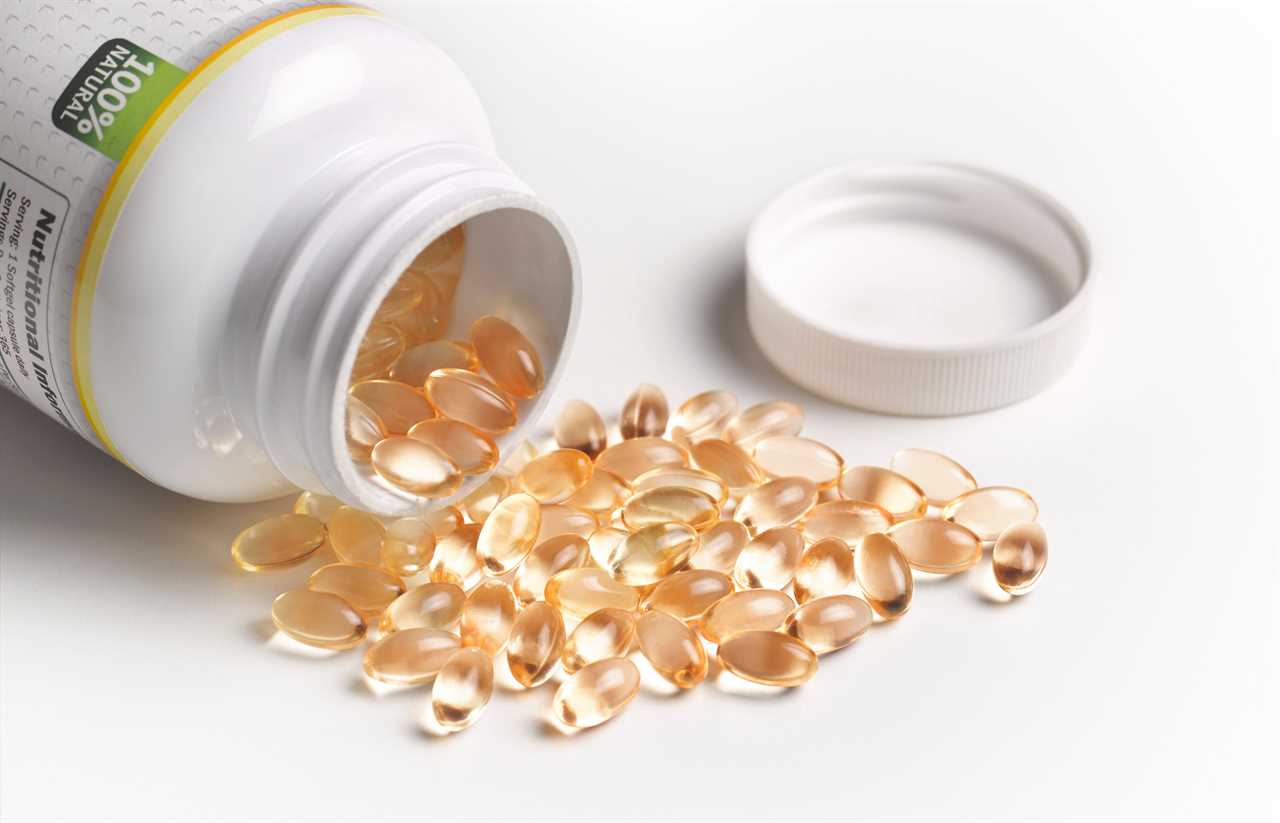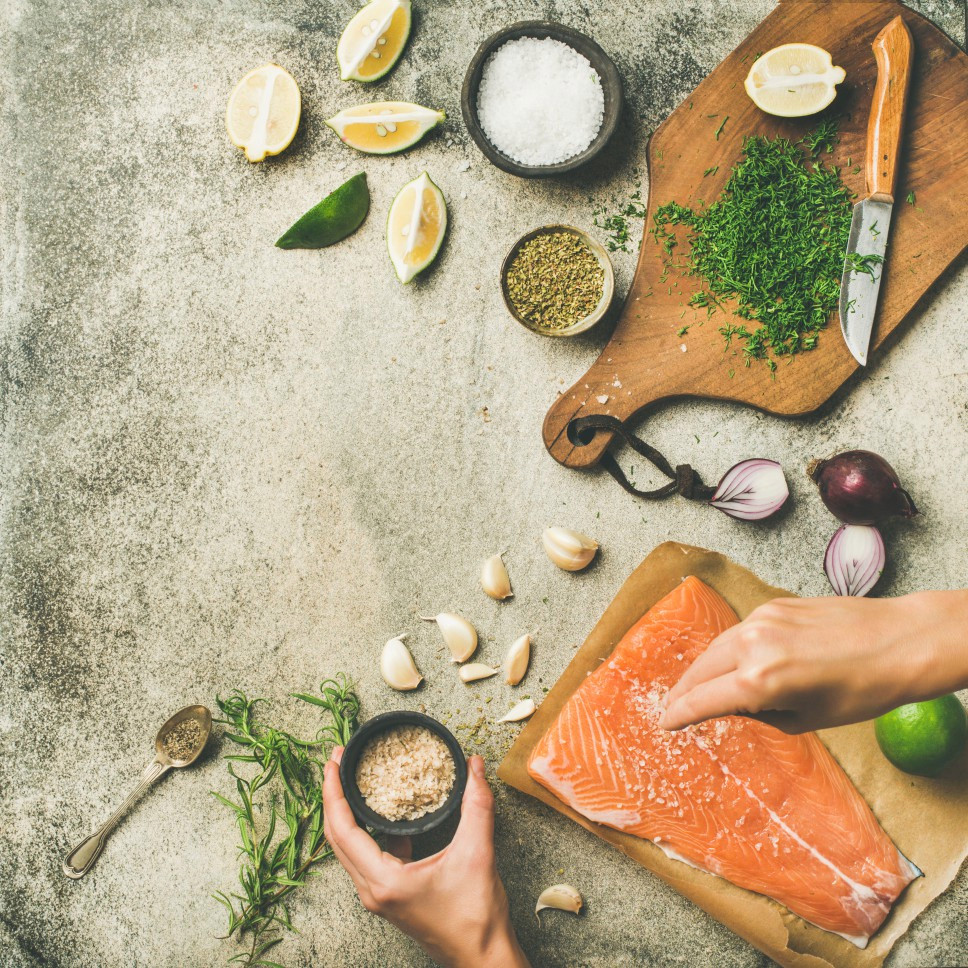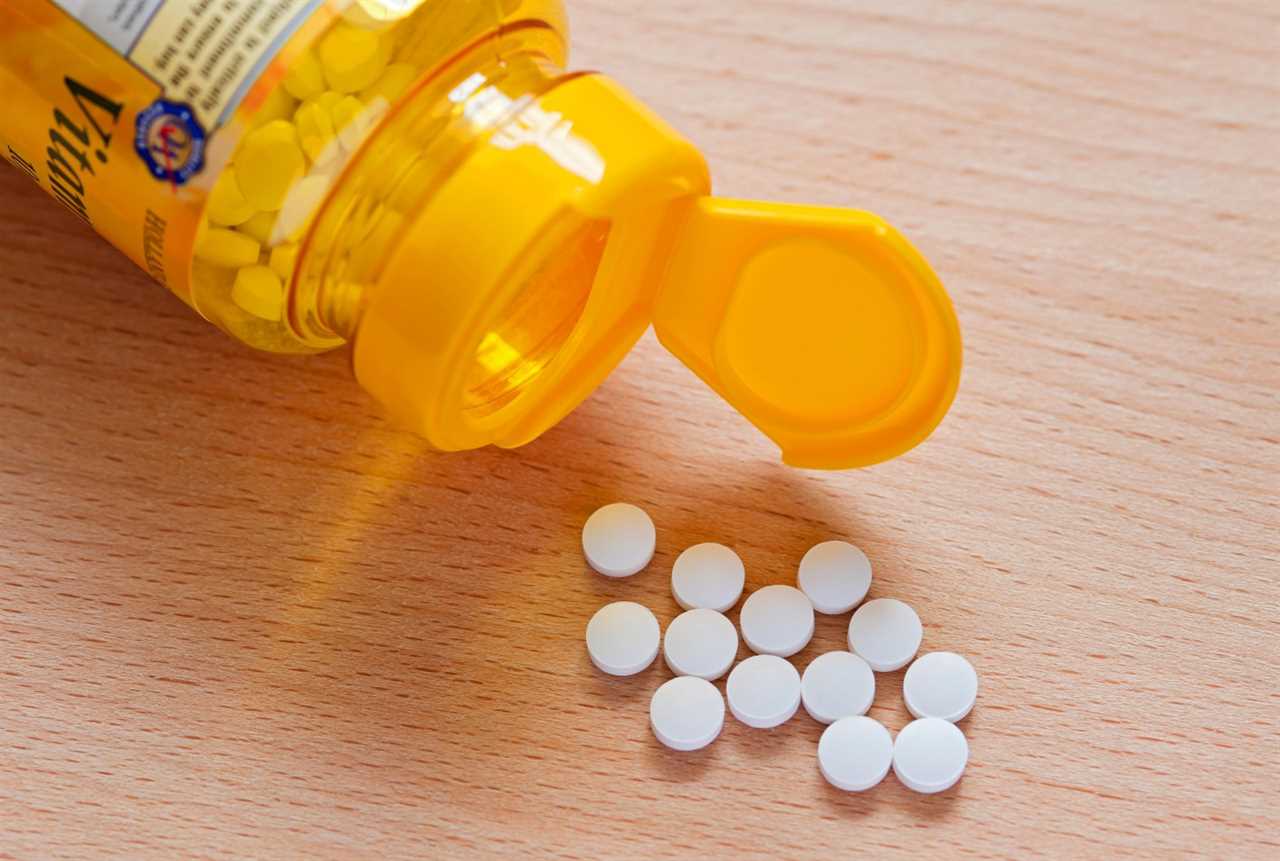THE UK government is offering free vitamin D to 2.7 million at-risk Brits amid coronavirus concerns.
Care homes will automatically receive supplements as part of the plan. But what is Vitamin D and does it fight Covid-19?

What is Vitamin D?
Vitamin D is a nutrient that helps balance calcium and phosphate levels in the body, keeping your teeth, bones and muscles healthy.
The vitamin is also thought to help the immune system.
Without vitamin D, the body can develop bone diseases, including rickets in children.
Most people will naturally receive the vitamin D they need from March to September, as the body creates vitamin D from direct sunlight on the skin.

But during winter and periods when people stay indoors too long, people may need a vitamin D boost.
Public Health England advises everyone takes 10 micrograms of vitamin D a day between October and early March, particularly the elderly.
It is also feared that many Brits could be at a higher risk of deficiency as a result of lockdown measures, and 2.7 million people have spent extended time shielding indoors during the pandemic.
What is Vitamin D good for?
Vitamin D helps maintain the levels of calcium and phosphate in the body, supporting strong bones and muscles.
The nutrient can also help your immune system, making Vitamin D a key supplement during the winter months.
Vitamin D can also recycle calcium in your kidneys and it can help your body absorb calcium consumed as part of a healthy diet.

What foods contain high Vitamin D?
As well as absorbing vitamin D from direct sunlight, a number of foods naturally contain the nutrient.
Vitamin D is found in oily fish, such as salmon, sardines, herring and mackerel, in red meat, and in egg yolks.
Some fortified foods, including spreads and breakfast cereals may contain vitamin D.

It’s also possible to get vitamin D through supplements.
While it’s important to eat foods containing vitamin D to help boost your levels, the NHS recommends taking vitamin supplements in winter months as well.
Guidance from the NHS suggests: “While it’s important to eat these foods as good sources of vitamin D, the advice is to consider taking vitamin D supplements because it is difficult to get enough from food alone.
“Our main source of vitamin D is from the action of sunlight on our skin.”
Does Vitamin D fight against coronavirus?
Research into the link between vitamin D and coronavirus protection is ongoing.
A project at Queen Mary University is currently investigating if correcting people’s vitamin D deficiencies over winter can reduce the risk or severity of Covid-19 and other respiratory infections.
The Health Secretary commissioned the research to “ensure we explore every potential opportunity to beat this virus”.

The government has also announced that 2.7 million at risk Brits will receive vitamin D supplements to help boost their levels of the nutrient.
NHS guidance on the connection between vitamin D and fighting Covid-19 said: “There have been some reports about vitamin D reducing the risk of coronavirus.
“But there is currently not enough evidence to support taking vitamin D to prevent or treat coronavirus.”
A recent study also says that taking Vitamin D supplements may reduce the risk of cancer by up to 38 per cent, the Telegraph reports.
It’s important to take vitamin D as you may have been indoors more than usual this year.
You should take 10 micrograms (400 IU) of vitamin D a day between October and early March to keep your bones and muscles healthy.






